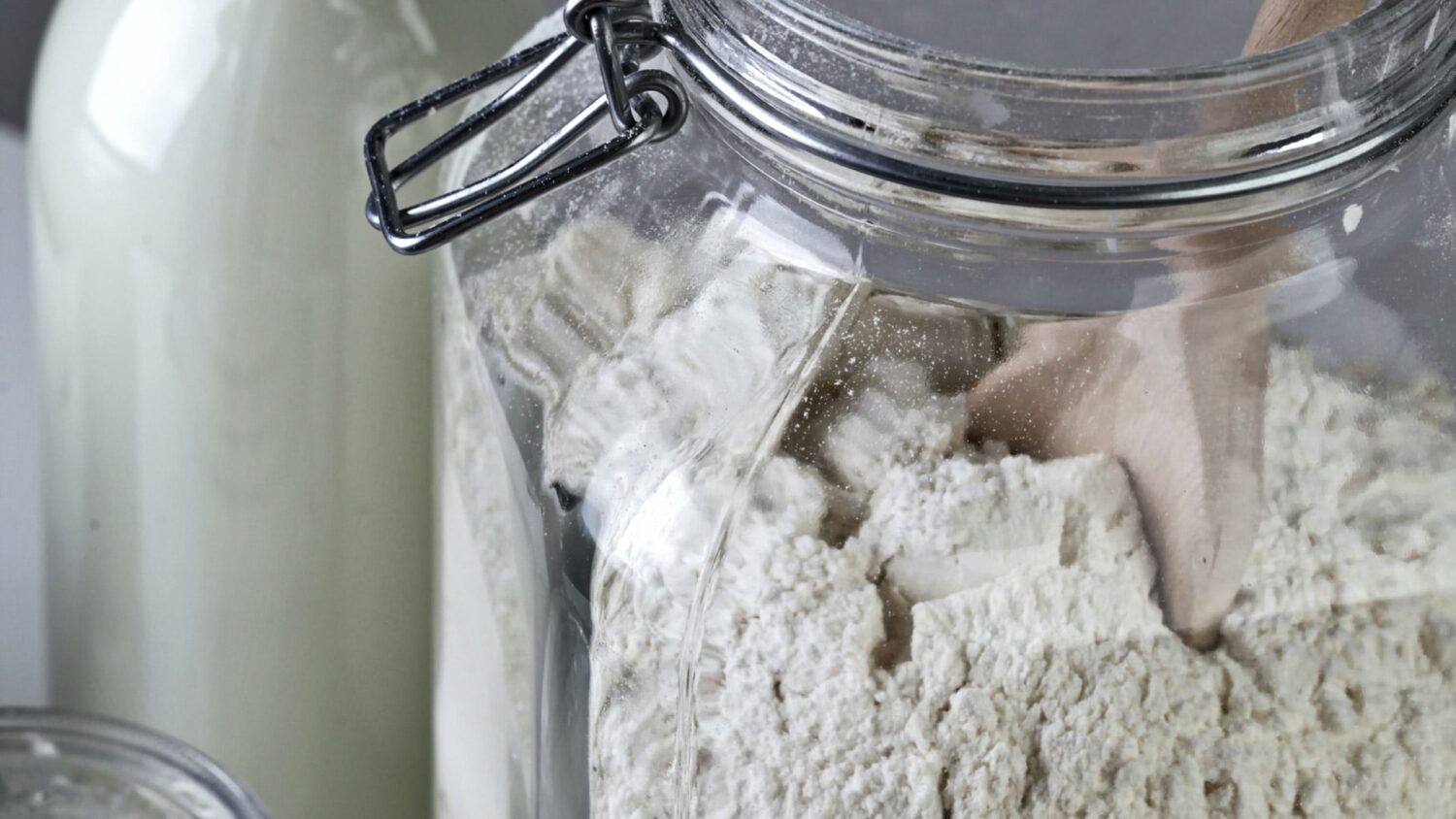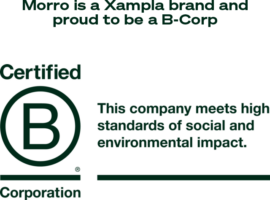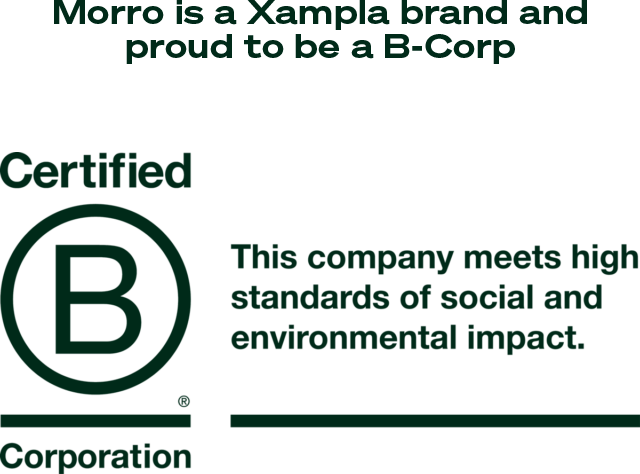
In an ideal world we would obtain all the nutrition we needed from our everyday diets. But meeting all our needs for macro and micronutrient can be challenging, especially with our busy lives, the cost-of-living crisis and in some cases lack of cooking and storage resources. Therefore, helpful initiatives to optimise our diets can only be positive.
It is therefore widely recognised that fortification- adding positive nutrients into food and drink plays an important role in delivering nutrition at a population level.
In some cases fortification is mandatory, and the government stipulates the nutrients that should be added to which foods and in what quantities. This will be based on extensive modelling, looking at the needs of the population, the foods or drinks that are widely consumed and other sources in the diet.
In the UK there is already mandatory fortification of flour with calcium, iron, thiamine and niacin. Mandatory fortification of margarine came into force in 1940, when butter was rationed, and margarine become a more available alternative. It is now no longer a requirement; however, many spreads companies continue to fortify on a voluntary basis.
It has also recently been announced that along with the current fortification, folic acid will be added to non-wholemeal flour. This follows the example of many other countries already adding folic acid to prevent neural tube defects in pregnancy, but it has taken years for the UK to reach this decision.
Vitamin D is of interest, as deficiency is widespread across all countries and demographics. It is estimated that over 1 billion people worldwide are deficient in vitamin D, having negative impacts on bone health and immunity.
For this reason, some countries have implemented mandatory Vitamin D fortification of milk including Sweden and Canada.

In Finland, introducing a rigorous fortification strategy for Vitamin D reduced the percentage of those deficient from 12% to <1%.
The UK Government opened a consultation April 2022 inviting feedback as to how we can increase the vitamin D status of the population, including the role of fortification.
As the UK is not a nation of supplement users. (<20% take vit D supplements) fortification is a very viable route to increase intakes.
Even without mandatory regulation, companies can improve their products’ nutritional profile. It is important that this is done in a considered and credible way.
Ensuring that thresholds are not exceeded, and the stated amount is there at the end of shelf-life and reaching the consumer at full efficacy.
To achieve this, working with innovative, evidence-based ingredient suppliers can help companies optimise the nutritional value of their products and in turn help consumers to meet their requirements.


